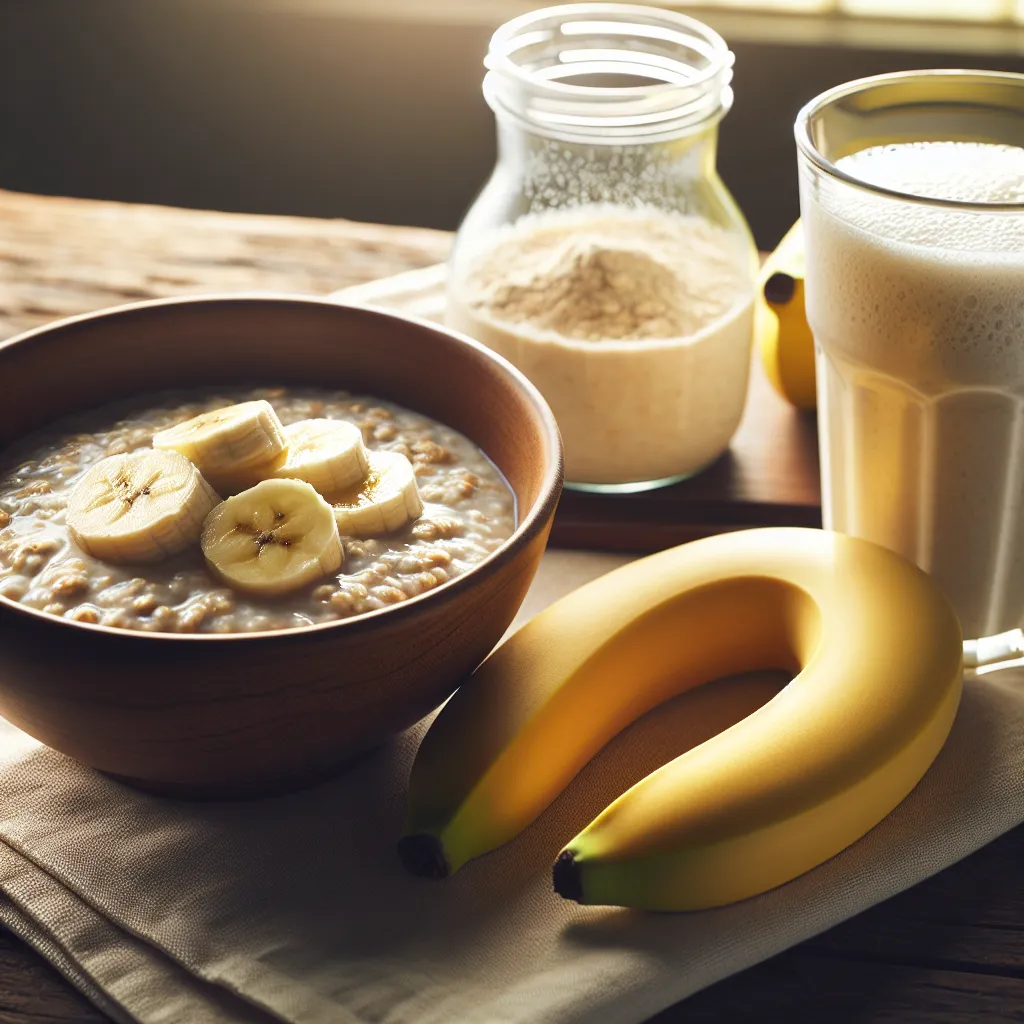Pre-workout nutrition is a crucial concept in sports science and fitness. As an IELTS candidate, understanding and using this vocabulary effectively can significantly boost your performance in the exam. Let’s dive into the intricacies of this term and explore how to use it in your IELTS preparation.
Nội dung bài viết
Definition and Pronunciation
Pre-workout nutrition (noun)
/priː ˈwɜːkaʊt njuːˈtrɪʃən/
Definition: The consumption of specific nutrients before exercise to enhance performance, endurance, and recovery.
Context and Usage
Examples in Context
-
Athletes often focus on pre-workout nutrition to maximize their training efficiency.
Analysis: This sentence demonstrates the importance of pre-workout nutrition in athletic performance. The term is used as a noun, emphasizing its role as a specific aspect of an athlete’s regimen. -
Proper pre-workout nutrition can help prevent fatigue during intense exercise sessions.
Analysis: Here, “pre-workout nutrition” is used to highlight its benefit in maintaining energy levels. The phrase acts as the subject of the sentence, showing its direct impact on exercise outcomes. -
Carbohydrates are a key component of effective pre-workout nutrition strategies.
Analysis: This example illustrates how specific nutrients are part of pre-workout nutrition. The term is used in a more technical context, suitable for Task 1 essays discussing health or fitness trends. -
Many fitness enthusiasts debate the ideal timing for pre-workout nutrition consumption.
Analysis: The phrase is used here to introduce a common topic of discussion in fitness circles. This usage demonstrates how you can incorporate it into Task 2 essays about health or lifestyle choices. -
Research shows that pre-workout nutrition can significantly improve muscle protein synthesis.
Analysis: This sentence showcases a more academic use of the term, ideal for Task 2 essays requiring you to discuss scientific findings or trends in health and fitness.
Common Contexts
Pre-workout nutrition is frequently discussed in contexts related to:
- Sports science and athletic performance
- Fitness and bodybuilding
- Nutritional studies and research
- Health and wellness blogs or articles
Frequency in IELTS
This term is most likely to appear in:
- Reading passages about sports, nutrition, or fitness trends
- Writing Task 2 essays on topics related to health, lifestyle, or athletic performance
- Speaking Part 3 discussions about exercise, diet, or sports
Vocabulary Analysis
Word Structure
- Pre- (prefix): before
- Workout (compound noun): exercise session
- Nutrition (noun): the process of providing or obtaining food necessary for health and growth
Synonyms and Antonyms
Synonyms:
- Pre-exercise fueling
- Pre-training nourishment
- Pre-workout meal planning
Antonyms:
- Post-workout nutrition
- Recovery nutrition
Memorization Techniques
Mind Mapping
Create a mind map with “Pre-workout Nutrition” at the center, branching out to:
- Timing (e.g., 30 minutes before, 1 hour before)
- Types of nutrients (e.g., carbohydrates, proteins)
- Benefits (e.g., increased energy, improved performance)
- Examples of foods (e.g., banana, oatmeal, protein shake)
Storytelling
Imagine a story of an athlete preparing for a big race:
“Sarah knew the importance of pre-workout nutrition. An hour before her marathon, she carefully prepared her pre-race meal: a banana for quick energy, oatmeal for sustained carbohydrates, and a small protein shake to support her muscles. This pre-workout nutrition strategy had been perfected over months of training, ensuring she’d have the energy to perform at her best.”

Practice Exercises
-
Write a paragraph describing the pre-workout nutrition routine of a professional athlete. Use the term at least twice.
-
Create a compare and contrast essay discussing the differences between pre-workout nutrition and post-workout nutrition. Aim to use related vocabulary throughout.
-
For Speaking practice, explain to a partner why pre-workout nutrition is important and give examples of suitable pre-workout meals or snacks.
Conclusion
Mastering the term “pre-workout nutrition” and its related vocabulary can significantly enhance your IELTS performance, especially in tasks related to health, fitness, and lifestyle topics. Remember to use this term in context, practice incorporating it into your writing and speaking, and explore its connections to other related concepts in nutrition and sports science.
We encourage you to create your own sentences using “pre-workout nutrition” and share them in the comments below. How would you use this term in an IELTS essay or speaking response? Your practice and feedback will help reinforce your learning and prepare you for success in the IELTS exam.